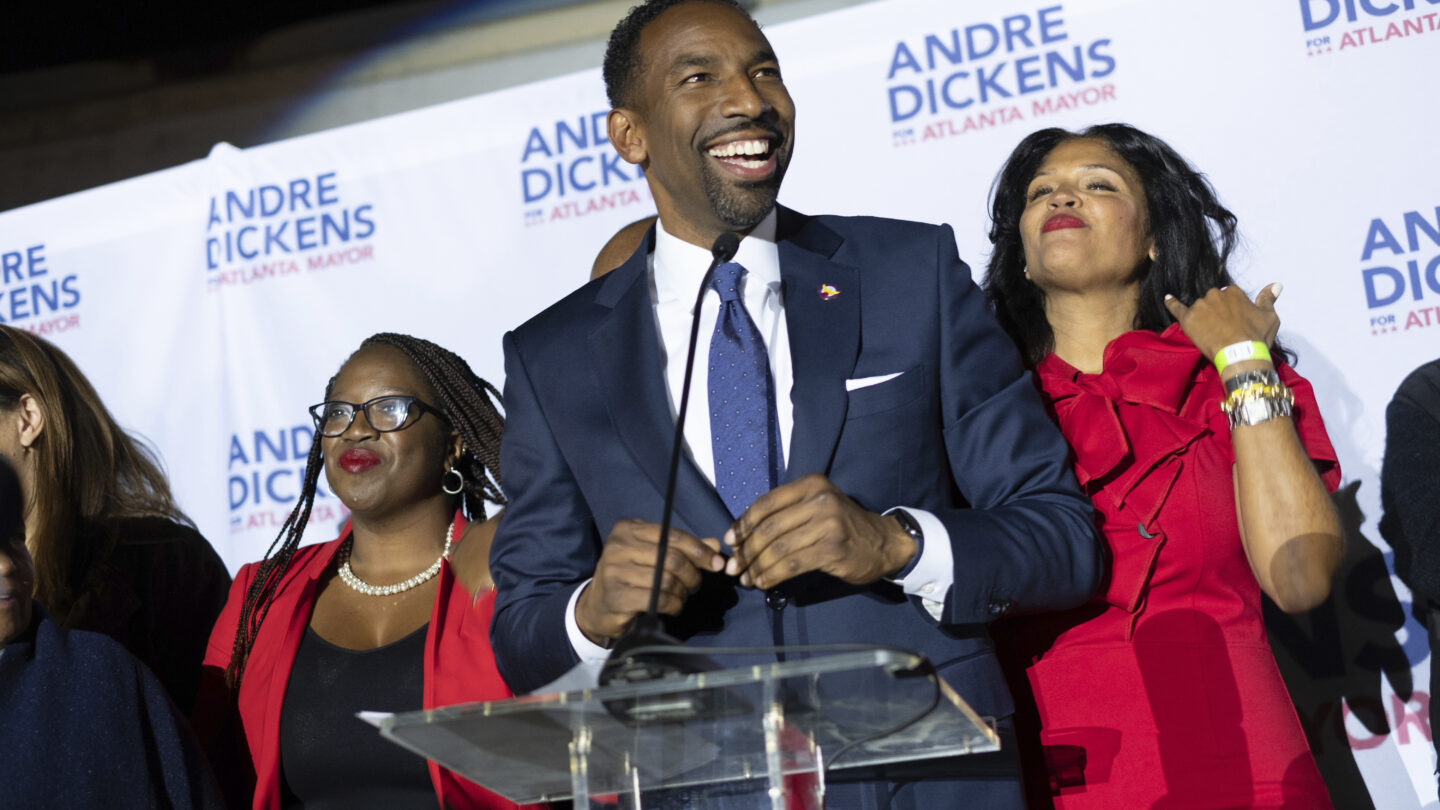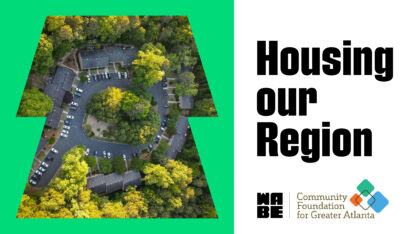It was a first for Atlanta. Last December, the city council approved a recurring, local fund for housing. In each year’s budget, it would dedicate a portion of the general fund to improving the city’s supply of affordable units.
But to the frustration of some affordable housing advocates, that new funding stream is not included in the first city budget proposed since the legislation passed.
The reason, according to a statement from the office of Mayor Andre Dickens, is in the language of the law establishing the fund. It allows the city to choose not to allocate local revenue to housing due to certain economic factors. One is if inflation grows faster than the budget.
That is the case in this budget cycle, as Atlanta’s inflation exceeds 10% year over year.
The statement provided by spokesperson Michael Smith said the city “faces multiple challenges as we exit the pandemic,” including employee retention. Because of that, Mayor Dickens’ budget uses local and federal funding to provide a cost of living adjustment for city workers, bonuses for police and pay increases for firefighters.
While his $734.2 million budget may not pay into the recurring housing trust fund, the statement said the mayor is still committing $58.7 million toward affordability in Atlanta in his first four months in office.
“Affordable housing is a key tenet of the Administration,” the statement said. “The Mayor’s investments ensure we leverage existing resources to resolve the current needs of our city.”
In that $58.7 million, the mayor’s office counts $20.1 from the developer remaking the partially abandoned downtown railyard downtown known as the Gulch. The company made the private donation during the administration of former Mayor Keisha Lance Bottoms.
The rest of Mayor Dickens’ investment includes $22.5 million for rental assistance, $9 million in funding for the relocation of residents of the condemned Forest Cove apartments and $6. 2 million for homeless services. All of that is federal funding remaining from pandemic-era relief bills.
Georgia State University Professor Dan Immergluck, who served on Mayor Dickens’ transition team, said none of that $58.7 million replaces the need for the recurring housing trust fund.
“The ordinance wasn’t about federal money,” he said. “The ordinance was about making a long-term commitment towards spending city money.”
Immergluck said Atlanta is becoming what economists call “a high-cost city,” similar to Chicago, D.C. and Los Angeles. All of those cities acknowledge the burden of rising prices on low-income residents and devote local funding toward affordability, he said.
The housing trust fund legislation was significant, Immergluck said, because it showed Atlanta finally recognized its obligation too.
To avoid the start of the recurring fund because of inflation is especially problematic, he said. According to the Bureau of Labor Statistics, a significant driver of Atlanta’s inflation rate, which is higher than the national average, is rising housing costs.
Real estate sites like Zillow and industry reports show rents and home prices have both been increasing by double digits year-over-year.
“The mayor ran on focusing on affordable housing,” Immergluck said. “So, for this to be his first budget, to make a step backwards, is extremely disappointing.”
Mayor Dickens was among the council members who supported the unanimous passage of the housing trust fund legislation last year. The city’s budget document also mentions an intention to invest $10 million into the fund but there is no commitment in the budget itself.
The city’s statement didn’t explain this disparity. It emphasized Mayor Dickens’ “fiscally responsible” budget and the need to not subsidize necessary investments “on the backs of our residential property owners.”
The housing trust fund ordinance, as passed, called for the city to allocate 1% of the general fund, which would be about $7 million in the first year. In following years, that amount would eventually increase to 2%.
The city’s economic development arm, Invest Atlanta, would be in charge of the money as it accumulates. Funds could support the renovation of existing affordable units as well as the construction of new ones. It could also help low-income homeowners make necessary repairs.
The city council isn’t set to adopt the upcoming budget until June 20. The next opportunity to pay into the recurring fund would be in the budgeting process next year.
For more on how market conditions impact Atlanta housing, view the Atlanta Regional Housing Forum on June 1. Info on how to attend or view: https://www.atlantaregionalhousingforum.org









